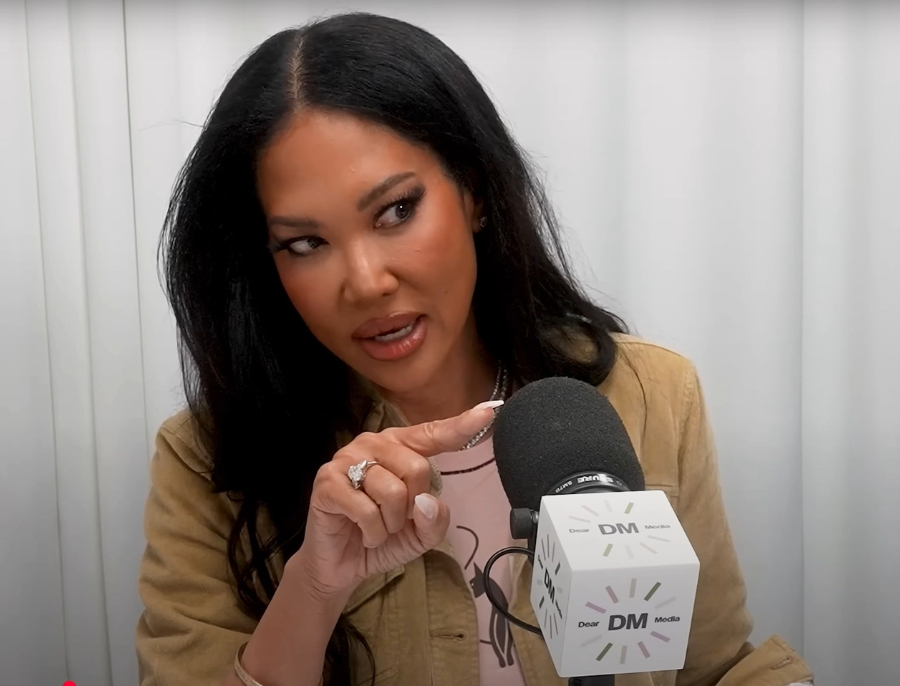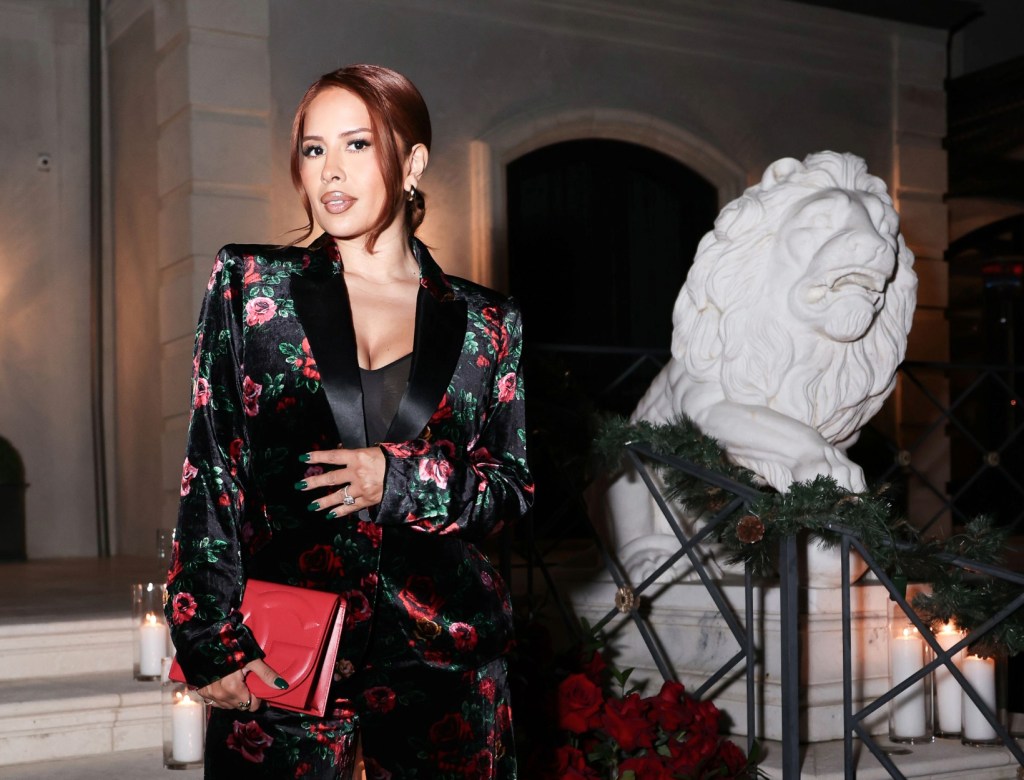Financial Education Doesn’t Have to Be A Mystery

Money talk shouldn’t make you break out in hives—it should make you feel powerful. As Arielle Lorre of Well with Arielle Lorre puts it, “financial wellness is a huge foundational part of wellness and overall well-being.” The good news is, you don’t need a trust fund or a PhD in economics to master financial education; you just need a few mindset shifts and some tried-and-true tactics straight from two pros who live and breathe cash confidence.
Give every dollar a job
Jesse Mecham stopped by Well with Arielle Lorre, where he was crystal clear on where to start. “We try and teach people a principle. We call it giving every dollar a job.” When every incoming dollar lands in a specific category—rent, coffee runs, Maldives vacation fund—you stop “second-guessing around [your] spending” and start feeling intentional. Mecham adds that “scarcity brings clarity to your thinking,” so don’t shy away from finite numbers. Tell your paycheck exactly what to do the moment it arrives, and you’ll dodge the late-night “where did my money go?” spiral.
Mecham also drops a reality check about savings. “Savings is just future spending. So you don’t ever save money; you just say, I’m gonna spend that later every time.” Label that future spending—taxes, tattoos, Tuscany—so you won’t rob your own plans when brunch beckons.
Pick a percentage that feels easy—and stick with it
Over on Everything Is the Best, money mentor Elizabeth Ralph refuses one-size-fits-all rules. “How about you pick a percentage that feels at ease with you, but yet don’t let yourself out of picking a percentage?” she recommends.
Whether that number is 5 percent or 15 percent, commit. Then, she says, “make a commitment to yourself to reevaluate that every three to six months. Can you ratchet it up 3 percent?” Momentum snowballs, and suddenly you’re upping contributions without feeling deprived.
Ralph also crushes the myth that investing is only for the already rich. “You do not need a lot of money to start,” she says. “If you can learn how to expand money in ten to thirty minutes a week, you would never not do that.” Even $50 can jumpstart your portfolio, especially when “a stock that’s been nine or ten dollars [gives] a nine percent return.” Consistency beats complexity every time.
Make money your energetic partner
Still scared to peek at your brokerage app? Ralph gets it. “Money is not the problem. Money is actually waiting for you to choose it,” she says. View your accounts like teammates, not boogeymen. She challenges women in particular to drop the intimidation act: “If a financial adviser is the way to go, then that’s great, [but] learn how to learn from the people that you’re already paying.” In other words, ask questions, ditch the shame, and remember that “wealth is self-love”—every transfer into your investment account is an act of radical care.
Ralph also loves transforming idle cash into opportunity. “This account could actually be part of your income,” she notes, adding that “dividend stocks pay you every quarter.” The sooner you redirect dollars toward assets that earn while you sleep, the faster “financial education” turns into financial independence.
Enjoy the ride and rewrite the narrative around financial education
Mecham has rebranded the word “budget” altogether. “We’ve jettisoned the word as much as we possibly can.” Why? Because the point isn’t restriction—it’s freedom to spend on what lights you up. In his world, a well-used budget saves marriages, funds Disneyland trips, and pays off five-figure debt without resorting to rice-and-beans misery.
Ralph echoes that sentiment with her no-apology investing pep talk. “To not do that, in my opinion, is volunteering to just continue to rely on earned income, which…is the riskiest move of all.” Choosing growth over fear is the ultimate act of self-confidence.
Financial education doesn’t hinge on spreadsheets or sacrifice. It hinges on clarity, commitment, and courage. Give your dollars jobs, choose a starter percentage, and treat your money like the loving partner it wants to be. When you do, the mystery fades—and your bank accounts start telling a very different story.




















Leave a Reply